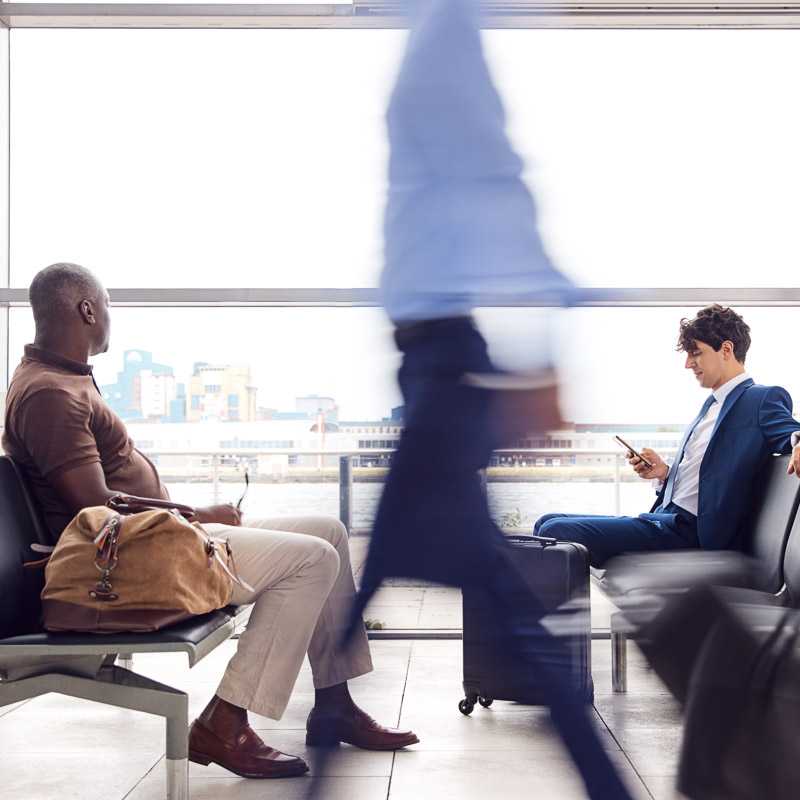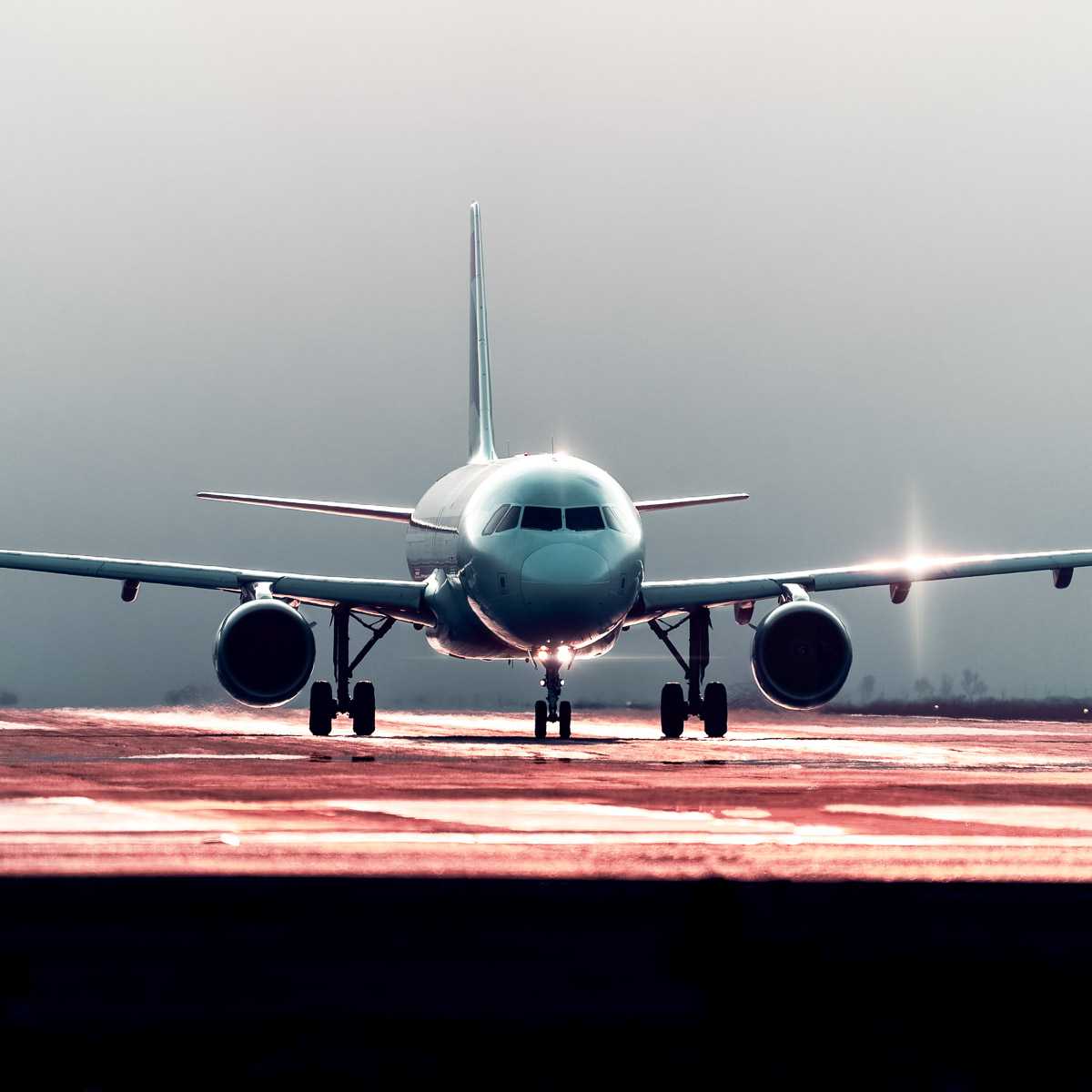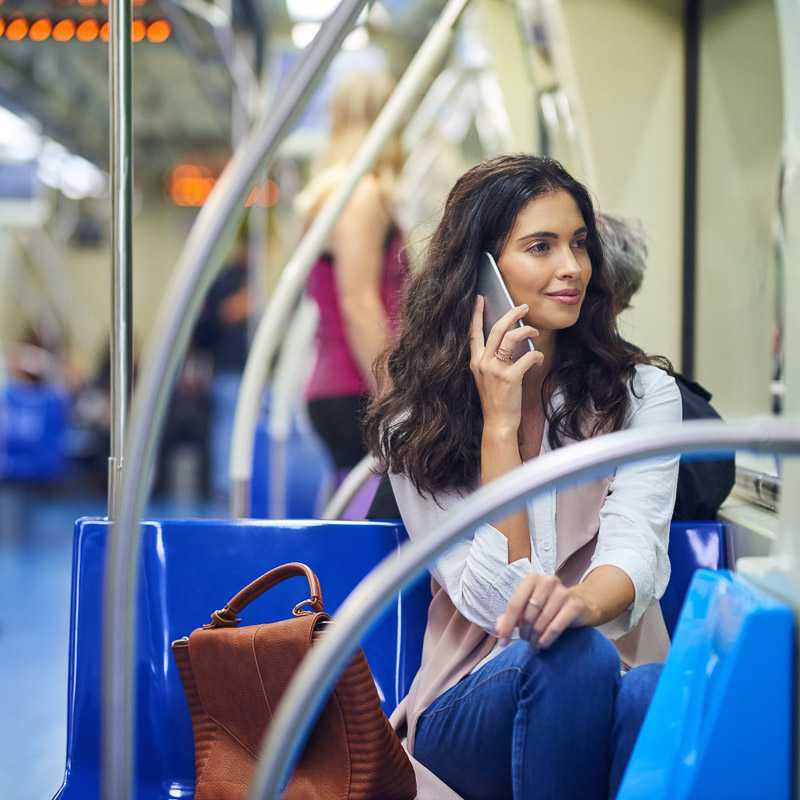

With nearly half of Americans reportedly traveling this summer, here’s a look back at three travel trends that shaped where we went and how we got there—including one we’d like to set with the summer sun.
1. Gig-Tripping: This month, Taylor Swift wraps up the European leg of her 17-month worldwide Eras Tour. Estimated to have brought nearly $1 billion to the local economies where she played, it felt like for much of the last year I was the only person not traveling to see Taylor perform. And it turns out that there’s data to back that feeling; for instance, 20% of the tickets at her May Paris shows were bought by Americans, and in her Stockholm stop, organizers expected about 10,000 Americans to attend.
Like any good trend, this one has a name: gig-tripping, a term few of us had heard of before this summer, but actually has been around for decades; as sports fans follow their favorite teams, music fans follow their favorite bands and theater aficionados travel to see shows. For Taylor Swift fans, this is driven by high ticket prices in the United States and a strong dollar against many foreign currencies—the costs net out similarly in the end. Even if the show doesn’t go on, like recently in Vienna, concertgoers are still left with the opportunity to explore a fantastic new destination.
2. Eco-Friendly Travel Is Up: We have seen an increase in eco-friendly travel driven by the desire of an overwhelming number of tourists reporting that they want to act more sustainably when they travel, but don’t know how to change their behavior. Copenhagen launched the CopenPay program during peak tourist season this summer to capitalize on this initiative. By taking public transit or arriving at popular destinations by bike or with plastic trash, tourists are rewarded with everything from free admission to attractions to complimentary cups of coffee. In a city with four times more bicycles than cars, these eco-friendly actions are relatively easy to carry out and make a big impact.
But it’s not just in Europe’s major cities that travelers are looking to lessen their impact on the planet. From renting EVs (available at most major rental car companies) and choosing LEED-certified lodging, to focusing on “staying local” when visiting and enjoying locally grown food that hasn’t been imported, this is the year of eco-friendly travel becoming easier than ever.
3. Air Traffic Control Delays Snarl Air Travel: This summer, a record number of travelers took to the sky, especially in the United States and Europe. But air traffic control delays—from a shortage of 3,000 air traffic controllers in the United States to weather and constricted airspace in Europe—resulted in significant delays, even on seemingly routine flights. Of the six flights I took in July and August, half of them were delayed due to air traffic control restrictions, including Washington Dulles to Paris, which was delayed by 2 hours, causing us to miss our connection and arrive at our destination 10 hours later than planned (hard to complain about an unexpected day in Paris, though).
Furthermore, delay compensation rules do not apply for air traffic control and weather delays, so while the inconvenience can be high for passengers, the resolution and compensation can be low. For our missed connection in Paris, we were given a voucher for €15 to cover food, challenging at an airport. And because it was an air traffic control related delay, Europe’s normally generous passenger compensation rules did not apply.
What is the solution, other than more air traffic controllers? There is not a lot that the average passenger can do to anticipate or alleviate these types of delays. Taking the first flight in the morning rather than the last flight at night helps diminish the impact of delays. In addition, lighter flight schedules heading into autumn—when school is back in session and business travel is starting to pick up—have the potential to leave this travel trend behind.
What does this mean for travel the rest of the year?
Expect all these trends to continue, including a record number of passengers over popular travel weekends. AAA just announced that Labor Day weekend to be their busiest ever—something we’ve heard a number of times already this summer. Travelers should give themselves as much time and flexibility as possible when traveling, especially when gig-tripping or attending a special event. It’s arguably a return to the golden age of travel: seeing the world is more accessible than ever, at many different price points, in many different styles. A little advanced planning ensures that those trips go as smoothly as possible – for the passenger, the event and the planet.


